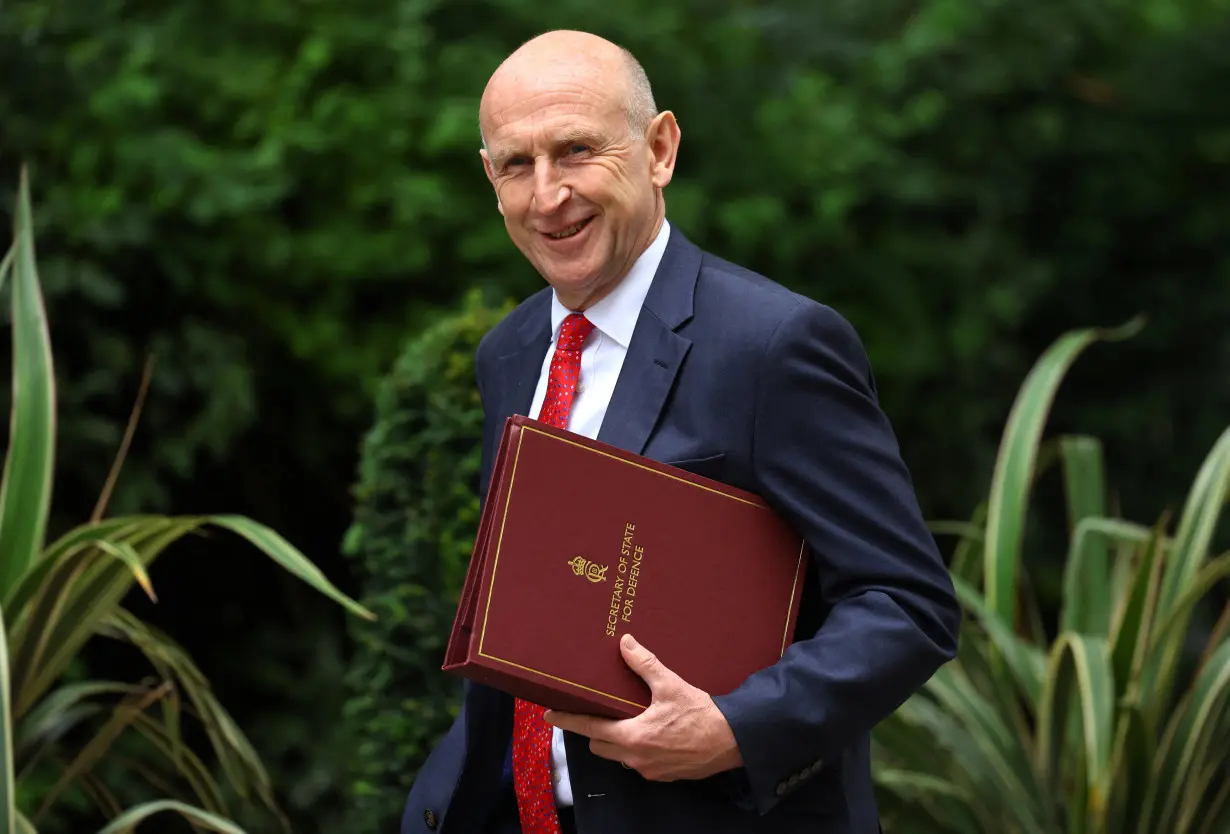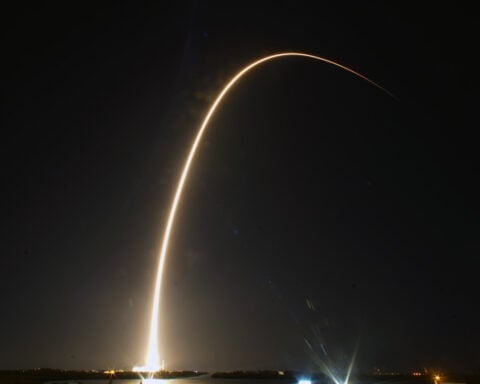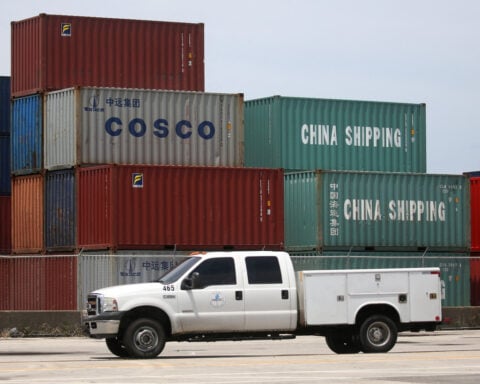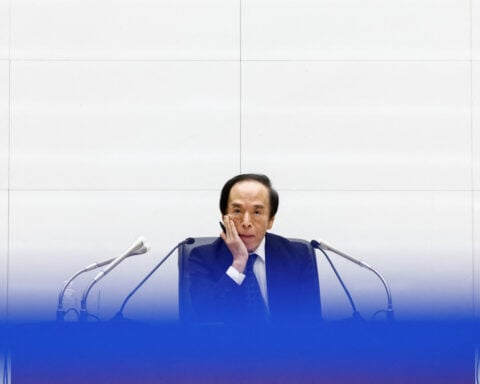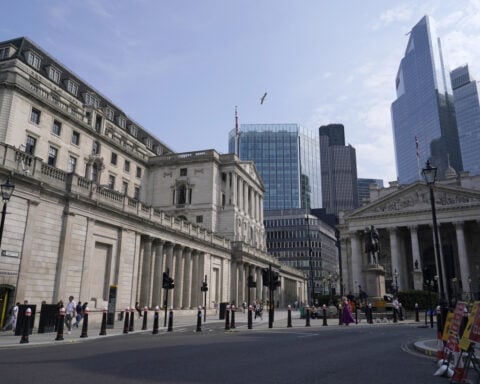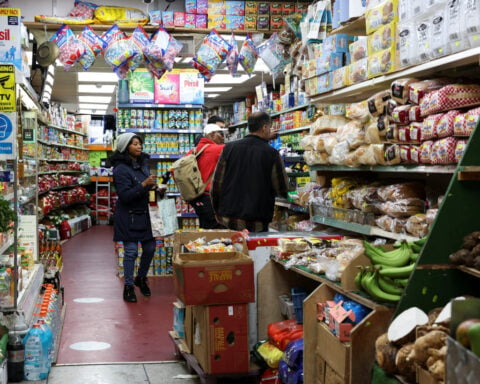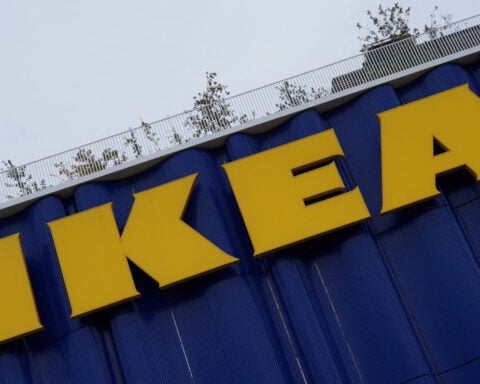BERLIN (Reuters) -Britain and Germany signed a joint defence declaration on Wednesday, pledging to work more closely to strengthen their defence industries, reinforce European security and support Ukraine in its fight to repel Russian forces.
Britain's new defence minister, John Healey, signed the pact in Berlin, where he met German counterpart Boris Pistorius.
Healey's visit is part of a two-day trip that includes stops in France, Poland and Estonia as he sets out the new Labour government's commitment to deepen defence ties with allies in the European Union.
"These visits send a clear message that European security will be this government's first foreign and defence priority," Healey said in a statement.
"Our new defence declaration between the UK and Germany will kickstart a deep, new defence relationship, built on our nations' shared values."
The push for closer relations comes with the NATO military alliance assessing the enormous cost of fixing Europe's creaking defences in response to heightened fears about Russian aggression following Moscow's invasion of Ukraine.
The issues include shortages in air defences and long-range missiles, troop numbers, ammunition, logistical headaches and a lack of secure digital communications on the battlefield, NATO officials have told Reuters.
Wednesday's declaration said Britain and Germany would look to nurture the defence industrial base in Europe, foster joint procurement initiatives and work together on research and development to improve production and innovation.
In a section titled "Deep Precision Strike" it also referred to "long-term, comprehensive cooperation in the field of long-range capabilities". The supply of such weapons to Ukraine is seen as a key issue in the conflict with Russia.
New Prime Minister Keir Starmer has said he wants Britain to improve cooperation with European allies on defence and security to better support Ukraine, a message he reiterated at a meeting of the European Political Community that he hosted last week.
Starmer has also proposed the idea of a UK-EU security pact, covering a range of areas such as energy, supply chains, pandemics and migration.
(Reporting by Sachin Ravikumar, additional reporting by William James; editing by Elizabeth Piper, Alex Richardson and Mark Heinrich)

 UK inflation unexpectedly eases in December, which could reduce pressure in bond markets
UK inflation unexpectedly eases in December, which could reduce pressure in bond markets
 Body count from South African mine siege rises to 60
Body count from South African mine siege rises to 60
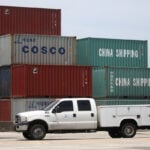 US importers rush in goods from China as Trump tariff threat looms
US importers rush in goods from China as Trump tariff threat looms
 Novak Djokovic breaks a tie with Roger Federer for the most Grand Slam matches in tennis history
Novak Djokovic breaks a tie with Roger Federer for the most Grand Slam matches in tennis history
 China's RedNote: what you need to know about the app TikTok users are flocking to
China's RedNote: what you need to know about the app TikTok users are flocking to
 British author Neil Gaiman denies ever engaging in non-consensual sex as more accusers come forward
British author Neil Gaiman denies ever engaging in non-consensual sex as more accusers come forward
